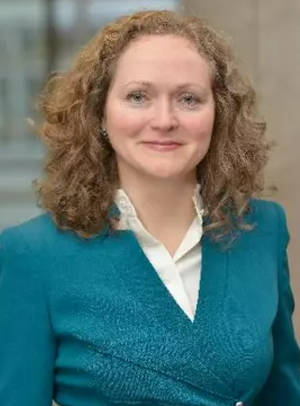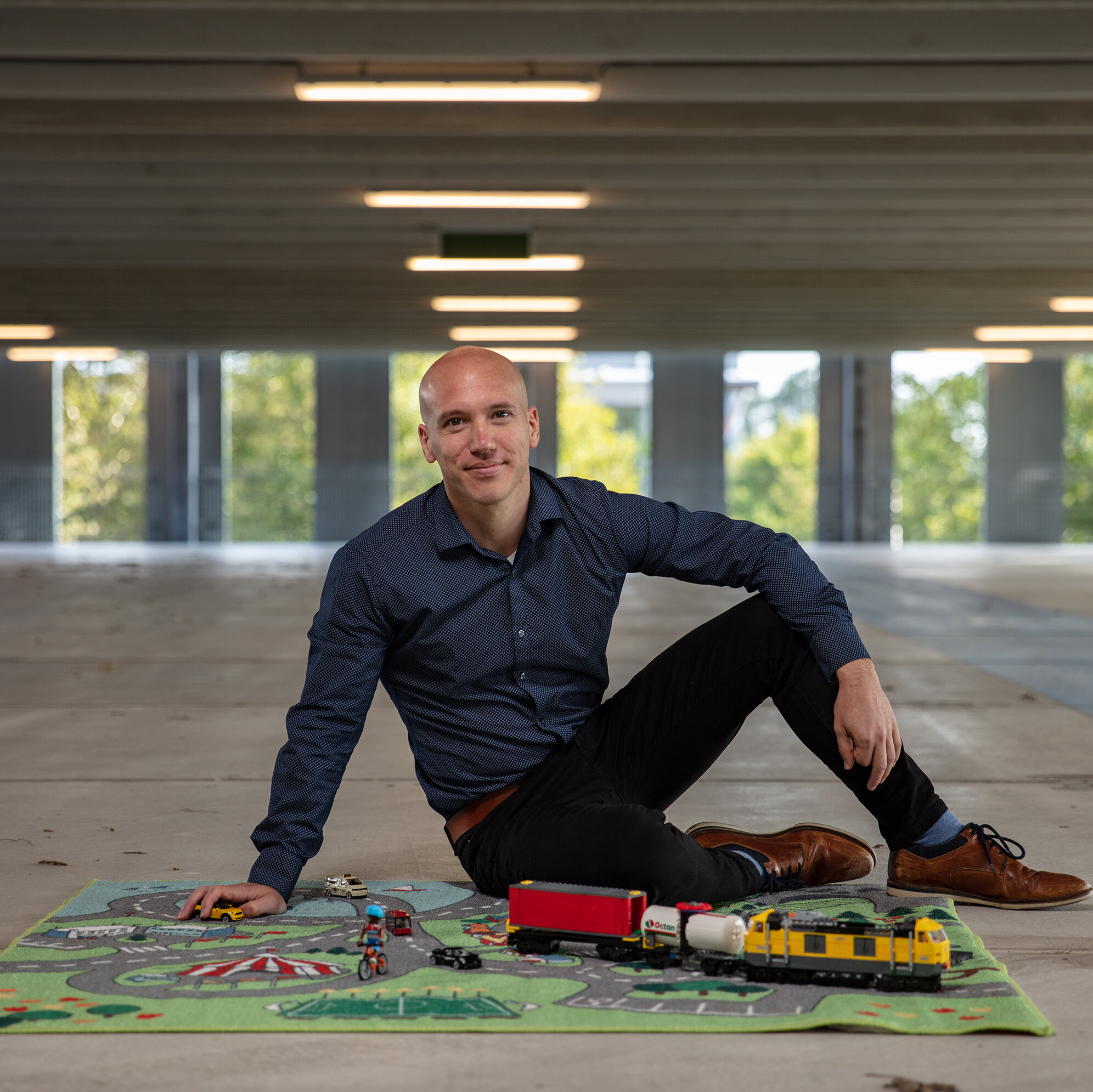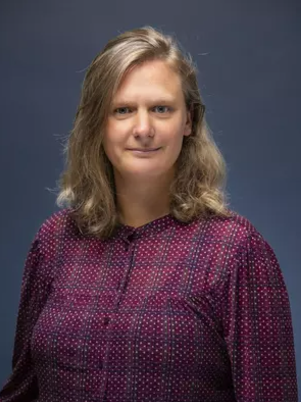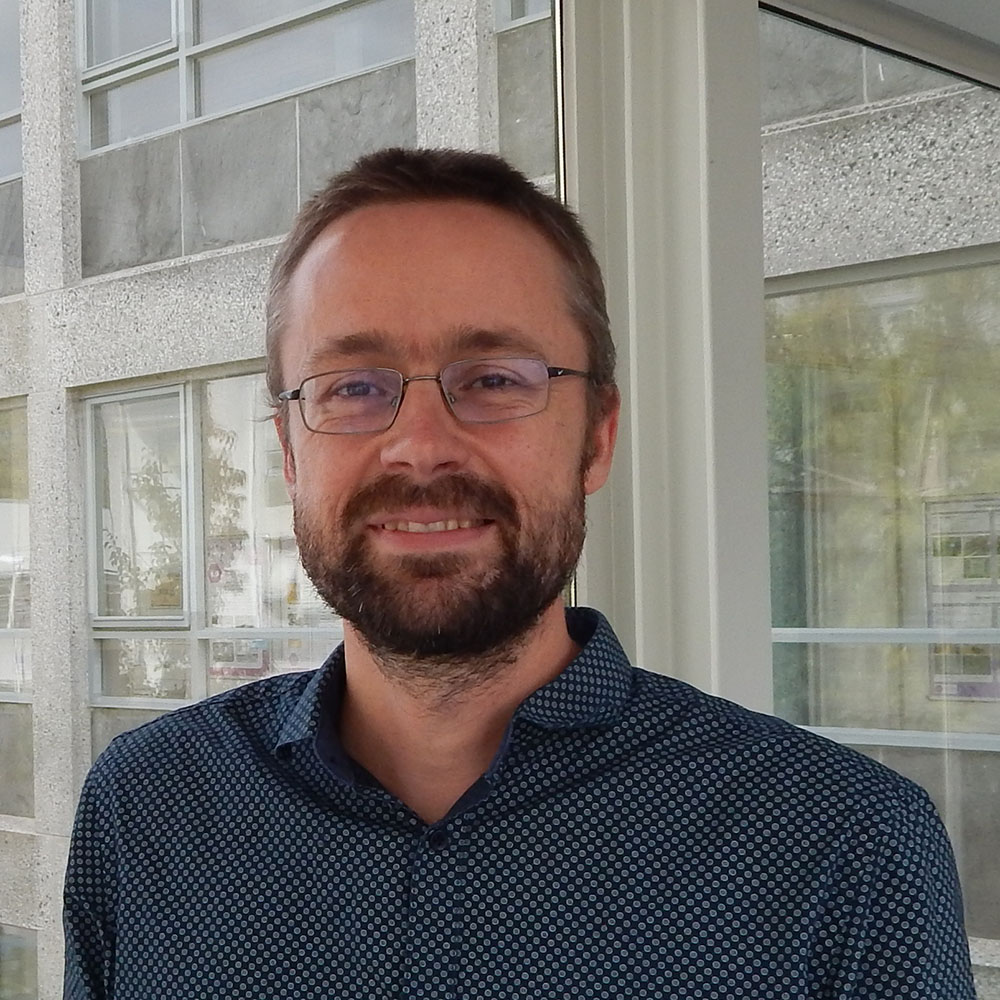Four ERC Consolidator grants for TU Delft researchers
The European Research Council (ERC) has awarded its Consolidator Grants to four researchers of TU Delft. These European grants are aim to support outstanding scientists as they establish their independent research teams and develop their most promising scientific ideas. The funding, per grant of up to €2 million with a duration of five years, is provided through the EU’s Horizon Europe programme.
TU Delft's four ERC Consolidator Grant projects are:
Prof.dr. Tatiana Filatova, faculty Technology, Policy and Management (TBM)
SPHINX - Systemic Physical climate risk in complex adaptive economies.
Tatiana Filatova and her team will be developing new simulation models to understand how local physical climate-induced hazards could escalate to cause systemic risks for economies and societies, and explore strategies to reduce losses.
Climate change is already causing damages worldwide, via floods, storms, wildfires, heatwaves, droughts, and rising sea levels. ‘These events do not only manifest via direct physical risks. They pose a fundamental threat to global socio-economic development and can create bigger, interconnected cascading losses that disrupt entire economies and societies’, explains Tatiana Filatova, expert in computational economics and Academic Leader of the ‘Climate Change Governance’ theme of the Delft Climate Action Programme.
‘We don’t fully understand the key processes amplifying these risks, and there are very few detailed studies on the subject. Progress is limited because past data doesn’t reflect future changes, and current economic models cannot handle complex tipping dynamics triggered by unprecedented events’, according to Filatova.
About SHINX
The SPHINX project (Systemic Physical climate risk in complex adaptive economies) aims to fill this gap by developing cross-scale cause-effect feedbacks, testing them in simulations and collecting new data to understand how these risks spread through societies and economies. It will also explore strategies to reduce the costs of such systemic risks, revealing policy levers to prevent them. SPHINX focusses on European regions but strives to develop theoretical, empirical, and methodological contributions applicable elsewhere.
Filatova is very happy to have been awarded the Consolidator Grant: ‘I am very much looking forward to start working on this project with my team. It will not only contribute to the understanding of systemic physical climate risks, but also to other areas where economic and social tipping points play a key role.’
Please visit her personal page.
Prof.dr. Oded Cats, faculty Civil Engineering and Geosciences (CEG)
3MARS - Behavior, Network, Market and Policy Dynamics in Multi-Modal, Multi-Layer and Multi-Class Air and Rail Transport Systems.
Oded Cats receives an ERC Consolidator grant for a new research programme on long-distance passenger transport systems. The outcomes can boost the design of an integrated international network of transport services that is attractive, sustainable, resilient and equitable.
The new research programme, called Multi-layer, Multi-modal and Multi-class Air and Rail Systems (3MARS), aims to capture the market relations and dynamics between supply and demand and amongst service providers in response to policy interventions.
Oded Cats, professor in Passenger Transport Systems at TU Delft: “We will develop and test models of transport systems in the uncharted domain of long-distance transport markets. This can allow us to design and assess the most effective alternative network developments and policy measures while taking into account how service users as well as service providers adapt and evolve in response to such changes.”
Cats used to focus on urban and regional transport. “At the urban and regional level, transport authorities develop a plan for public transport and the operators then bid for service concessions. So there is a central planner. We don’t have that in the long distance market.”
In the international transport network there are multiple and diverse service providers, think of KLM, Flix bus, Eurostar or Deutsche Bahn. Each one of which does not only develop its own network of connections and timetable but also sets its own prices using sophisticated revenue management techniques.
Moreover, these market players both compete and collaborate, think for example of alliances and air-rail integration programs. Cats’ research in 3MARS will support the design, planning and policy making of long-distance transport systems that will consider this ‘network-of-networks’ and focus on attractive and sustainable alternative for travelling exclusively by car or airplane.
Read more about the research of Oded.
Please visit his personal page.
Prof.dr. Liedewij Laan, faculty Applied Sciences (AS)
PolarRobustness - Evolutionary robustness of cell polarity during molecular diversification.
Cells are often viewed as intricate machines, in which specific proteins work together in a tightly coordinated fashion to give rise to cellular functions. Surprisingly however, some proteins that are essential for core cellular functions in one species are absent in closely related species, while the core function itself is maintained. How this robustness is achieved, while the underlying molecular networks dramatically diversify during evolution is currently not understood.
During her postdoc, Liedewij Laan showed that the polarity network in yeast can evolutionarily adapt to the loss of an important protein by losing three more proteins. Her lab showed that these losses repair polarity through a collective adaptive response, affecting many cellular processes rather than only a few proteins. How do intricate cellular networks collectively achieve such evolutionary robustness?
The Liedewij Laan Lab will address this question with a library of experimentally evolved polarity networks in budding yeast to (1) investigate how general a collective adaptive response is, (2) examine which spatiotemporal aspects of polarity establishment are evolutionary robust, (3) determine how changes in (i) protein copy-numbers, (ii) post-translational modifications (PTMs), and (iii) buffering by self-organisation, contribute to evolutionary robustness, and (4) dissect the molecular mechanisms.
The researchers will use transposon sequencing to identify the cellular processes involved, live cell microscopy to compare the robustness of various aspects of polarity, and mass spectrometry to compare changes in gene expression, PTMs and interaction partners. They will use multiscale simulations, rooted in statistical physics and constrained by their experimental results, to dissect how molecular changes propagate through the polarity network to achieve evolutionary robustness. This approach will go beyond yeast polarity, because it can be applied to any functional protein network to deepen our understanding of how life works and evolves.
Read more about the research.
Please visit her personal page and Liedewij Laan Lab.
Prof.dr. Toeno van der Sar, faculty Applied Sciences (AS)
MAGICWAVE - Realization and imaging of superconducting spin-wave optics.
The project MAGICWAVE aims to engineer and understand magnet-superconductor interaction, realise tunable low-damping spin-wave devices, and launch the field of superconducting spin-wave optics.
Spin waves are collective excitations of the spins in magnetic materials. They are prime candidate signal carriers in classical and quantum information devices due to their low intrinsic damping, non-reciprocal transport, micrometre wavelengths at microwave frequencies, and strong interactions that enable signal transduction. As such, spin waves have raised the hopes of enabling information technology with functionalities and efficiencies beyond those provided by non-interacting particles.
A key requirement is realising efficient and low-damping spin-wave control. A potentially ground-breaking but virtually unexplored method is provided by superconductors. Superconductors have no electrical resistance, precluding damping by eddy currents, and a strong diamagnetism that enables stray-field control of the spin-wave transport. Moreover, superconductors are sensitive to electric currents, magnetic fields and temperature, providing tunability. These properties provide excellent opportunities for realising low-damping, tunable spin-wave devices.
Toeno van der Sar proposes to realise, image, and locally study superconducting spin-wave optics. He will create spin-wave-optical devices – mirrors, waveguides, beamsplitters and resonators – that enable microwave control by the dissipationless superconducting diamagnetism. Van der Sar will then demonstrate the power of superconductor-based control by tuning the devices using electric currents, magnetic fields, temperature and light. Moreover, he aims to use superconductors to control spin-wave damping and realise new regimes of flat-band and topological transport. To enable high-resolution access to spin waves underneath the superconductors, he will use magnetic imaging based on spins in diamond – a technique pioneered by his lab.
Read more about this research.
Please visit his personal page and Van der Sar Lab.
About ERC Consolidator grants
ERC Consolidator grants are part of the EU’s current research and innovation programme, Horizon Europe, and the 2024 call was worth in total €678 million. The ERC Consolidator Grants are awarded to outstanding researchers of any nationality and age, with at least seven and up to twelve years of experience after PhD, and a scientific track record showing great promise. Research must be conducted in a public or private research organisation located in one of the EU Member States or “Associated” Countries. The funding - up to €2 million per grant, plus in some cases an additional €1 million for start-up costs - is provided for up to five years and mostly covers the employment of researchers and other staff to consolidate the grantees' teams.
More information
Read the press release about the Consolidator Grants.



